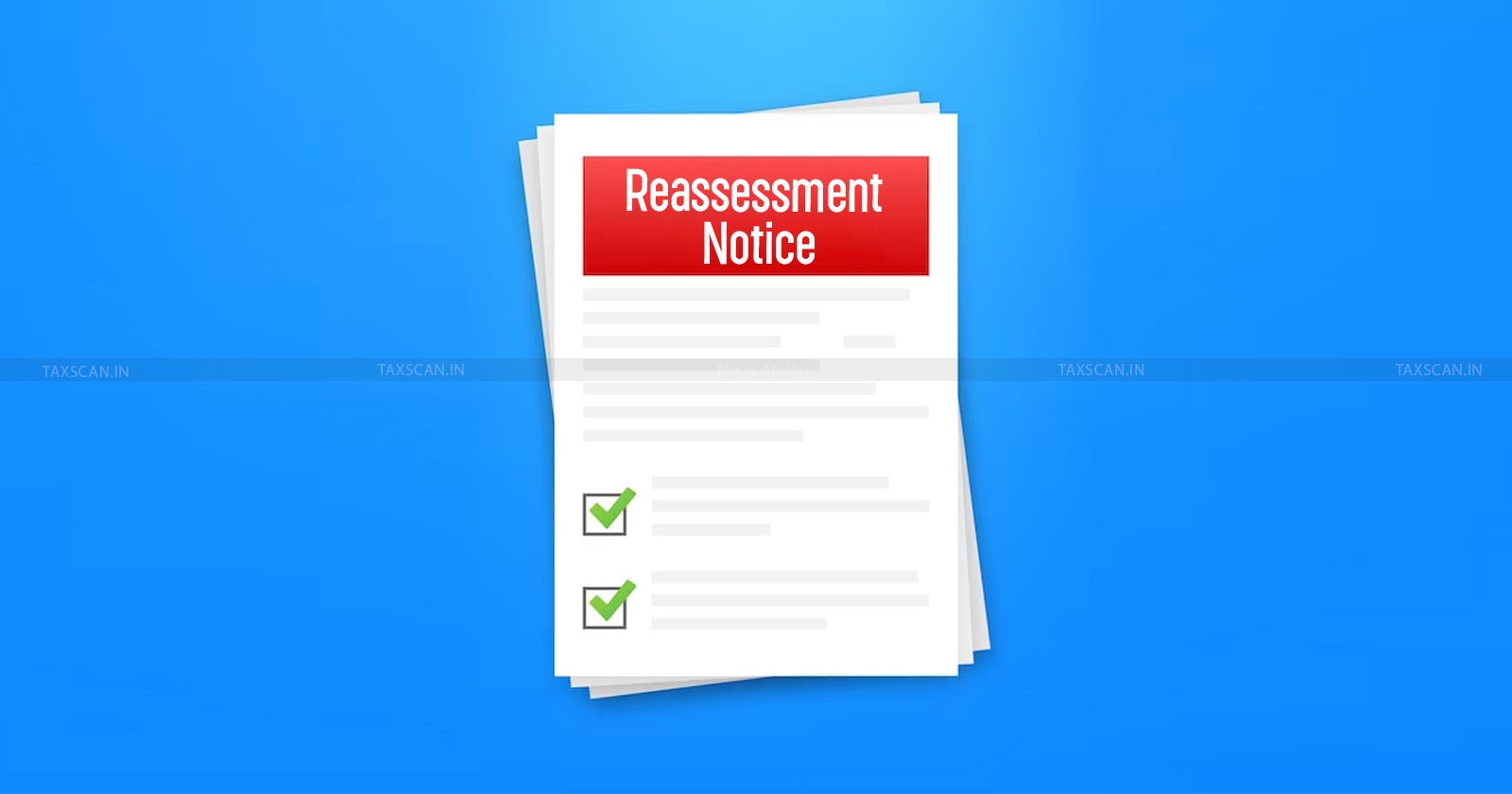At Least One GST Reminder Must Be Sent via RPAD Before Passing Ex-Parte Order : Madras HC [Read Order]
The Court is of the considered opinion that, when an exparte order was passed, the respondent should have sent at least one reminder notice through RPAD or by way of any other mode as specified under Section 169 of the Act
![At Least One GST Reminder Must Be Sent via RPAD Before Passing Ex-Parte Order : Madras HC [Read Order] At Least One GST Reminder Must Be Sent via RPAD Before Passing Ex-Parte Order : Madras HC [Read Order]](https://images.taxscan.in/h-upload/2025/06/19/2050643-gst-reminder-gst-reminder-must-be-sent-via-rpad-via-rpad-taxscan.webp)
The Madras High Court has held that before passing an ex-parte order, the tax authority must send at least one reminder notice through Registered Post Acknowledgement Due (RPAD) or any other valid mode as prescribed under Section 169 of the GST ( Goods and Services Tax ) Act.
Justice Krishnan Ramasamy, delivering the judgment on June 11, 2025, quashed the assessment order dated January 9, 2025, passed by the State Tax Officer (FAC).
The petitioner, M/s Pioneer Products contended that though notices, including DRC-01 and personal hearing communications, were uploaded in the "Additional Notices and Orders" tab of the GST portal, they were neither visible in the primary "Notices and Orders" section nor served by physical modes like RPAD. As a result, the petitioner remained unaware of the proceedings and could not file a reply or appear for a hearing.
 Also Read:GST Cancellation Over Non-Filing of Returns Set Aside: Madras HC Grants Opportunity to Clear Dues Barring Adjustment from Unutilised ITC [Read Order]
Also Read:GST Cancellation Over Non-Filing of Returns Set Aside: Madras HC Grants Opportunity to Clear Dues Barring Adjustment from Unutilised ITC [Read Order]
The UAE Tax Law Is Evolving — Stay Ahead Before Clients Find Someone Who Already Is, Click Here
The High Court stated that mere uploading of notices on the GST portal without any attempt to reach the assessee through physical service undermines the requirement of due process.
"When an ex-parte order is passed, the respondent should have sent at least one reminder notice through RPAD or by way of any other mode as specified under Section 169 of the Act," the Court observed.
The Madras High Court rejected the challenged assessment judgment and sent the case to the assessing authority for further review, taking into account the petitioner's offer to pay 25% of the contested tax.
 Also Read:Madras HC Validates Reassessment Notices Issued Pre-Finance Act, 2021 Citing TOLA Extension [Read Order]
Also Read:Madras HC Validates Reassessment Notices Issued Pre-Finance Act, 2021 Citing TOLA Extension [Read Order]
The petitioner has three weeks from the date of order receipt to deposit 25% of the contested tax, the court said. The petitioner has two weeks from the date of the deposit to provide a thorough response and all supporting documentation.
The respondent authority must then give the petitioner a clear 14-day notice period so that they can have a personal hearing, and only then may they issue a new assessment order in accordance with the law.
 Also Read:Madras HC Upholds GST Exemption on Revenue Share for Duty-Free Shops at Airport as Zero-Rated Supply
Also Read:Madras HC Upholds GST Exemption on Revenue Share for Duty-Free Shops at Airport as Zero-Rated Supply
Support our journalism by subscribing to Taxscan premium. Follow us on Telegram for quick updates


